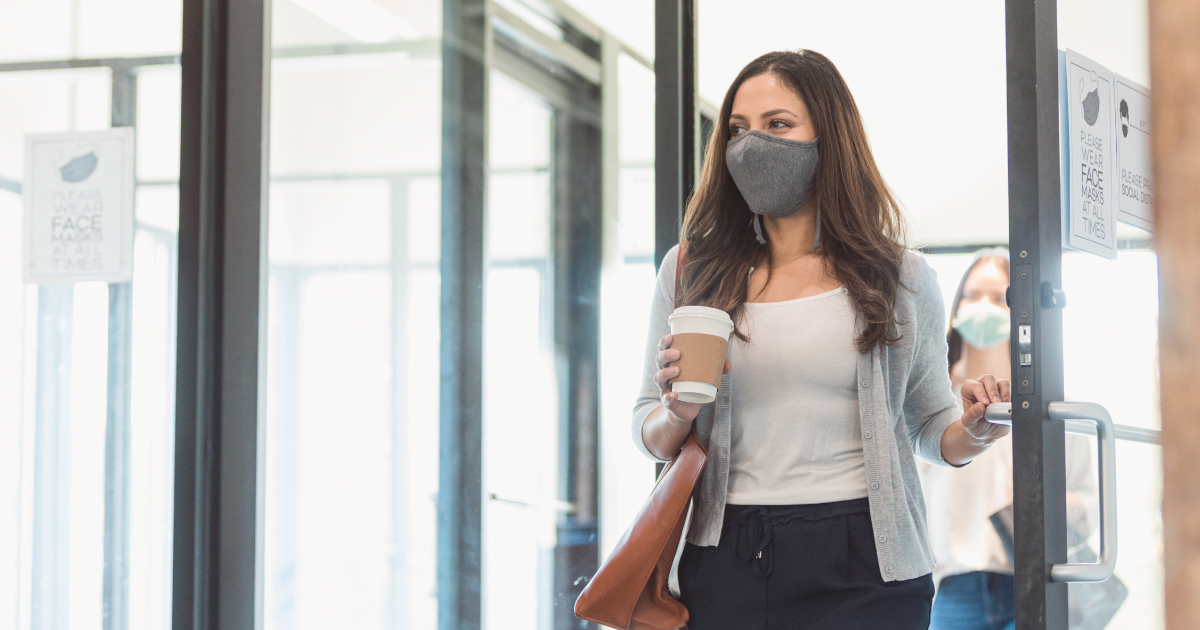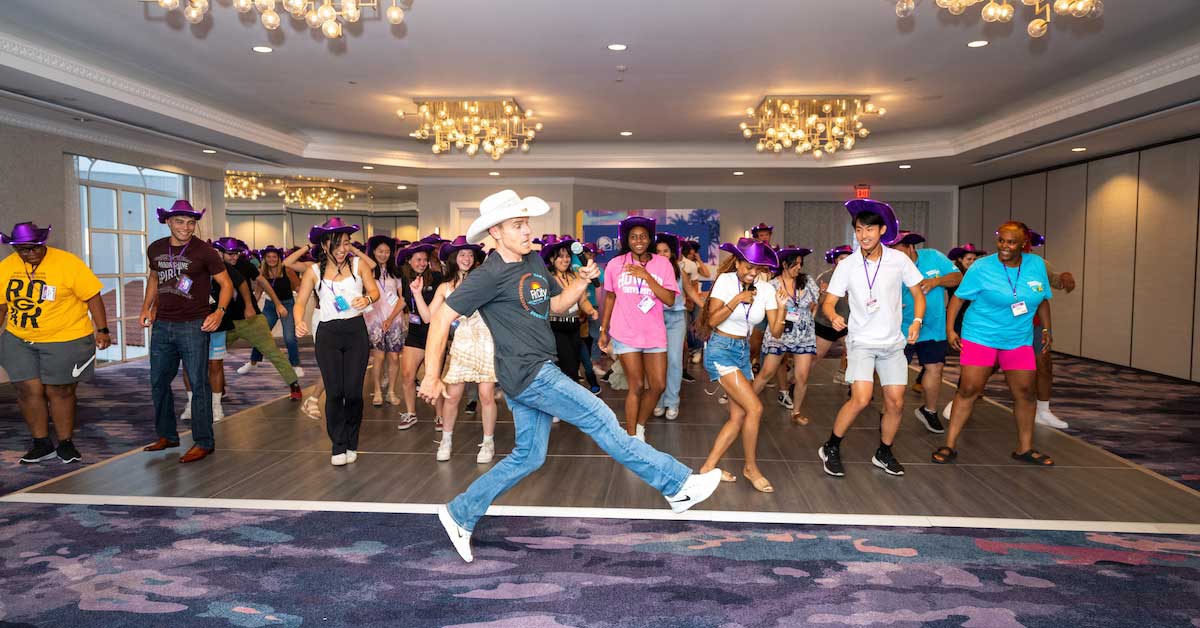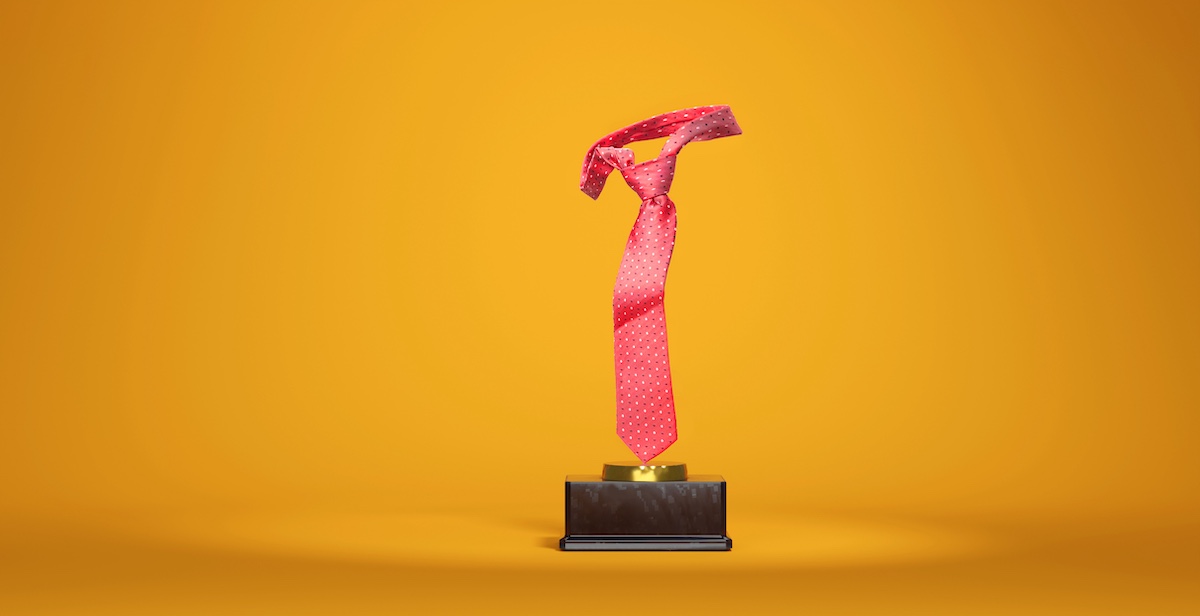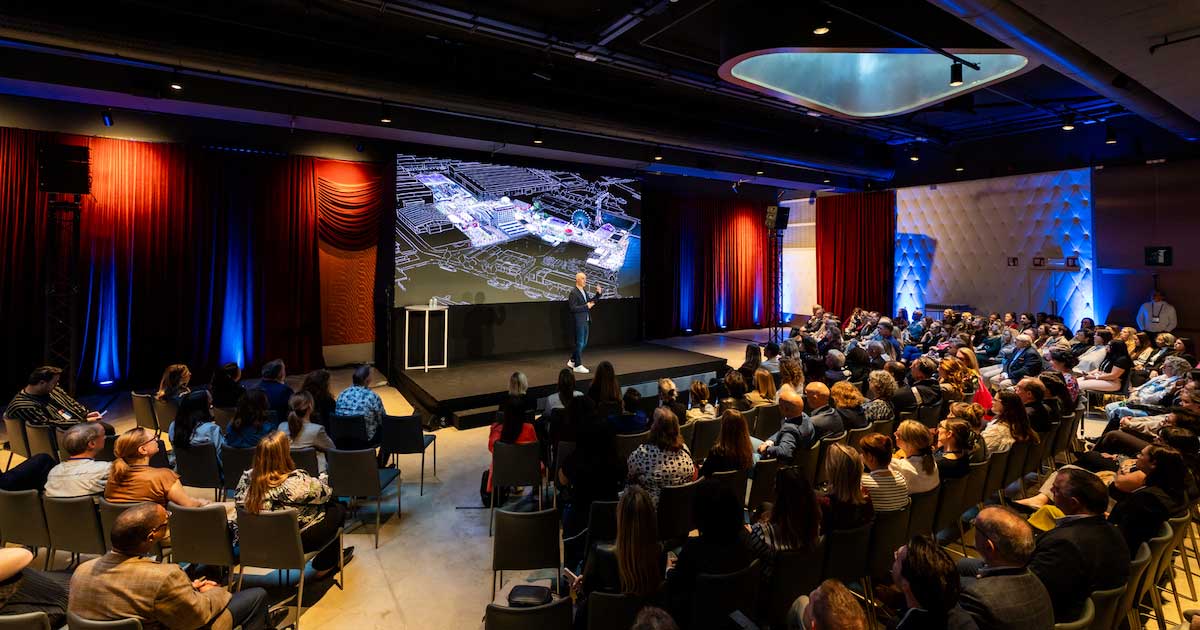Associations didn’t stop working during the pandemic (negotiating out of thousands of dollars in cancellation penalties and become digital event experts is no joke) so the last eighteen months has been anything but quiet. As we find a way to live with the impact of a global pandemic, however, many associations are reckoning with questions around what the “work” set up really needs to look like for staff. While some associations have returned to pre-pandemic models some are asking, “is an office even needed anymore?”
In September, the Association Professionals Community of MPI hosted a Hot Topic Chat highlighting experiences from all ends of the work environment spectrum – offices that returned to full-in person work, all the way to those who have decided to shift to a fully remote company moving forward. Whether you’re a decision-maker for your association or not, the conversation revealed some very interesting insights about how to make the most of your current or future work environment – whatever it is!
- Flexibility is important – The majority of association professionals present worked for organizations that landed on a “hybrid” model where remote work is available and accessible, but there is some requirement for in-office work. In describing the successes of this model, flexibility was a key measure. Those organizations who provided staff flexibility to schedule their days, working around family commitments or other personal needs, certainly experienced the smoothest transitions.
- Collaboration is harder than before the Pandemic – One participant whose organization had required them to return to the office observed that people became accustomed to working independently in their remote situations and it was more challenging than anticipated to create that collaborative spirit again, even when the team is face to face. Events and meetings are absolutely a collaborative effort across different members of the team and different association stakeholders, so recognizing this may be a challenge and working to overcome it will likely be important for the future of our meetings.
- Without that flexibility you WILL lose people – Two participants in the chat noted that they had recently left organizations and jobs that did not provide the flexibility they desired. This is certainly a wake-up call for associations and leaders who may think that we can return to “normal” ways of working in the industry. So many groups have incorporated flexible or remote schedules into their structure that it’s almost expected now, if you want to hire and retain the best in the industry.
- The Devil’s in the details – All participants shared that while there might be good consensus from leadership on the overall model, it’s really when you dig into the details that your traditional, hybrid, or remote office structure can take shape. Whether it was the safety protocols for working in an office together (are you making upgrades to the ventilation system?, requiring masks?, requiring vaccination?), debating the expectations for in-office work, or determining what collaboration tools you’ll use for your remote team, each of those decisions has a big impact. When this has worked well, it was because the association leadership communicated early and often with their staff teams, valued staff input, and used that feedback to take decisive and clear action.
- Make your voice heard – Whether participants were in a position of decision-making or not, nearly all indicated they felt they had a voice in the process and that they were confident in using it to get what they needed. Even those who had left their jobs did so only after voicing their concerns and deciding the best way to get what they needed for their best work environment was to pursue another opportunity.
The work event professionals do is critical to the mission of associations and the most important takeaway from the chat was the motivation for us to voice questions, concerns, and opinions regardless of whether your office is in a downtown building, or in the corner of your dining room. Proactive ownership of our work environments is how we remain the best association professionals we can be, whatever “normal” really looks like!







